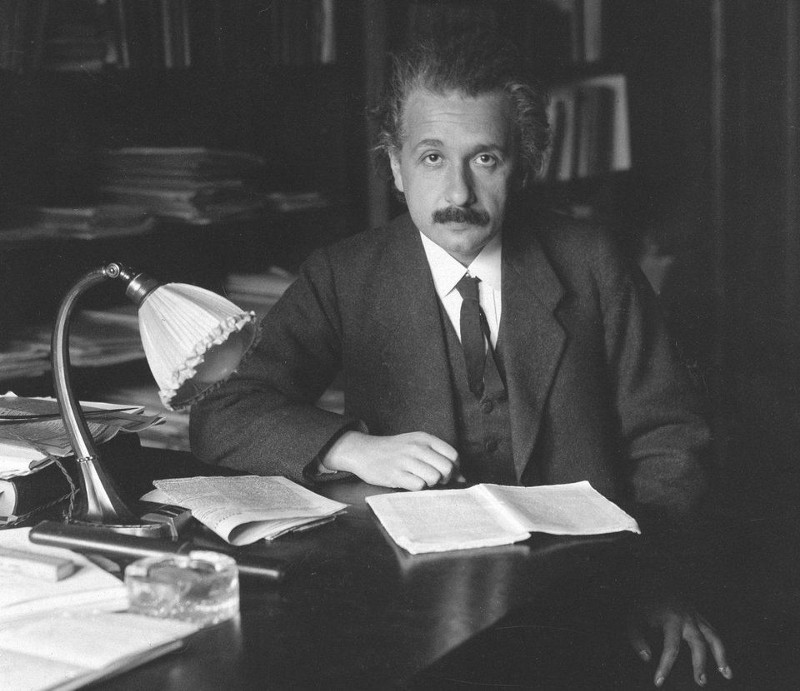5 Questions: Lucy Gray
[This is a new feature here at Dangerously Irrelevant, meant to help us get to know some edubloggers a little better. If you’d like to be featured sometime, drop me a note.]
Blog:http://elemenous.typepad.com
Twitter:www.twitter.com/elemenous
Facebook:
Besides your own blog and Dangerously Irrelevant, what are 3 blogs that you’d recommend to a school administrator that’s new to the education blogosphere?
- http://www.practicaltheory.org
- http://www.schoollibraryjournal.com/blog/1340000334.html
- http://weblogg-ed.com
1. What’s something that recently caught your attention from your personal learning network, RSS reader, Twitter feed, etc.?
Possible changes to Ning have caught my attention recently on Twitter. It was fascinating watching the reaction unfold over Twitter. And it was enlightening to discover all the alternatives to Ning. One tool I’m interested in learning more about is Bloomfire; Clayton Christensen is on their team interestingly enough. I’m also just hearing about TEDxVolcano and I’m wondering how that turned out. I’m a fan of all things TED in general.
2. What’s something exciting that you’re working on right now?
For my current position I’m working on aligning digital resources to our science curriculum. In my copious spare time, I am working with Steve Hargadon to plan an online virtual conference on global education that will hopefully happen in November!
3. What is a digital technology tool that you can’t live without (and why)?
My iphone…It carries all my content and lets me capture interesting things and moments in my life with its video camera and still camera. Because of the plethora of apps, it’s many digital tools wrapped into one device!
4. What does ’21st century teaching / learning / schooling’ mean to you?
21st Century education means to me that we focus on the preparation of kids to be fully participatory in the world. There is no reason that kids can’t reach beyond geographical boundaries to interact with other, share knowledge and to think critically about real world dilemmas. It means that we are empowering students to take control of their learning to truly reach their collective potential.
5. How do (or would) you respond to someone who says ‘The kids know more about technology than I do. How do I handle this?’
I would reassure him or her that that’s okay, that the universe is not ending, and and would encourage this person to look at kids as a resource for their own learning!





